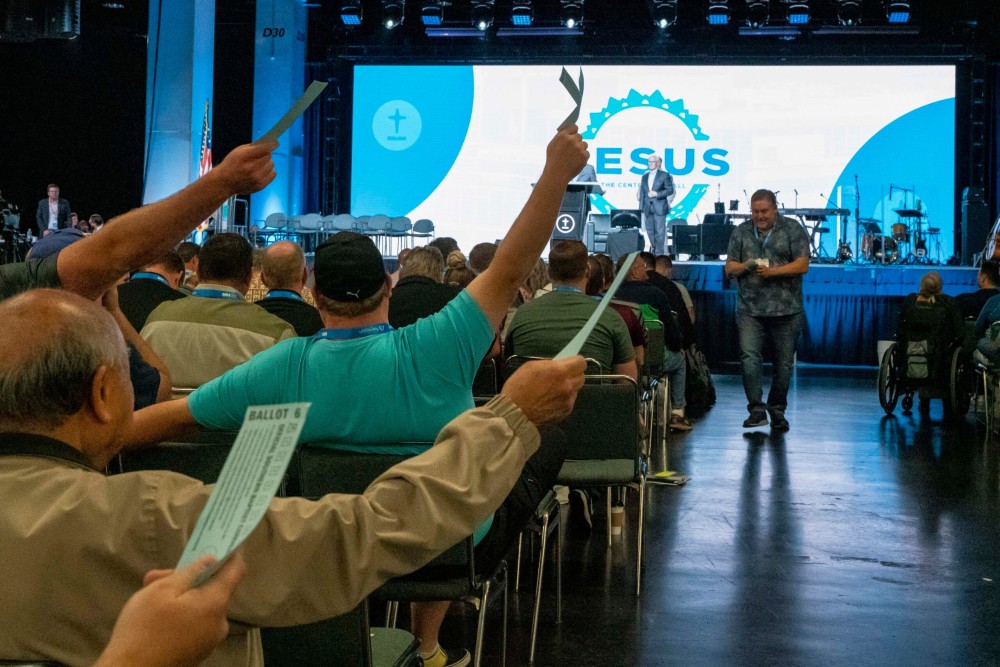Southern Baptists change direction on sexual abuse after years of delay

In summer 2008, Morris Chapman stood before a gathering of thousands of Southern Baptists in Indianapolis for their annual meeting and denounced the evil of sexual abuse.
Then Chapman, president of the Southern Baptist Convention’s executive committee at the time, told his fellow Baptists the SBC would not set up a database to track abusive pastors—citing local church autonomy.
But on June 14, Chapman raised his hand with a yellow ballot in it, joining a host of other Southern Baptists meeting in Anaheim to approve a series of reforms to address sexual abuse in the nation’s largest Protestant denomination—including the creation of a website that will track abusive pastors and church workers.




